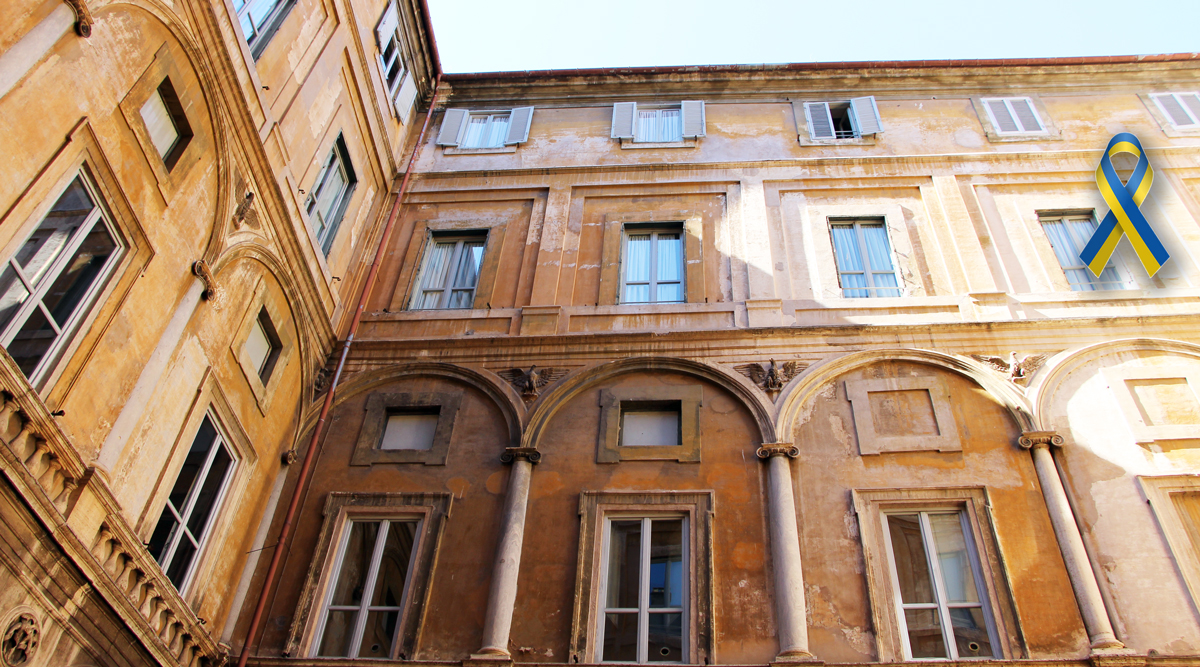 The Board of Directors of the INFN, the Italian National Institute for Nuclear Physics, during the meeting of March 31 approved the resolution on financial measures adopted by the Institute to support scientists who are suffering the consequences of the war in Ukraine. In particular, the resolution provides for the allocation of the first funds, amounting to € 200,000, to activate initiatives for the benefit of students, university professors, researchers and scientists who come in Italy to work at the INFN Laboratories and Divisions because of the ongoing political and military crisis.
The Board of Directors of the INFN, the Italian National Institute for Nuclear Physics, during the meeting of March 31 approved the resolution on financial measures adopted by the Institute to support scientists who are suffering the consequences of the war in Ukraine. In particular, the resolution provides for the allocation of the first funds, amounting to € 200,000, to activate initiatives for the benefit of students, university professors, researchers and scientists who come in Italy to work at the INFN Laboratories and Divisions because of the ongoing political and military crisis.
In addition, positions "on invitation" will be activated at INFN facilities for those Ukrainian researchers who, while retaining contracts at their national institutions, can no longer exercise their activities in their country because the infrastructure and laboratories where they worked have been damaged or destroyed.
These measures are in addition to those already implemented by INFN since the beginning of the humanitarian crisis, which have allowed four Ukrainian researchers to find accommodation in the Laboratories of the Institute, and which have ensured the extension of the duration of research grants and scholarships expiring for Ukrainian scientists already working at INFN.
All these measures are implemented in the context of the invitation, addressed by the Italian Minister of University and Research Maria Cristina Messa to universities and research institutions, to carry out initiatives to support scientists affected by the war, transforming the indications of “art.4 del Decreto-legge n.16” of 28 February 2022 into concrete actions.
"The approval by the INFN Board of Directors of this first budget allocation now allows us to open positions to address the emergency caused by the war, - explains Antonio Zoccoli, president of INFN - and thus to provide concrete help to Ukrainian colleagues who are suffering. To them and to all the Ukrainian people we express our full sympathy for the tragedy they are experiencing and our encouragement, with the hope that peace will soon be restored in their country". "The measure also allows - continues Zoccoli - to offer an avenue of protection for colleagues of other nationalities who are suffering repercussions due to the conflict." "In this dramatic scenario, which I don't think any of us would have ever thought could occur today in our Europe, let's remember that science represents for people a common ground for cooperation and a channel for dialogue. This is one of its constitutive characteristics, which contributes to making it one of the most beautiful, noble and powerful human activities: we, as scientists, must do our part to ensure that this is expressed in facts," Zoccoli concludes.






